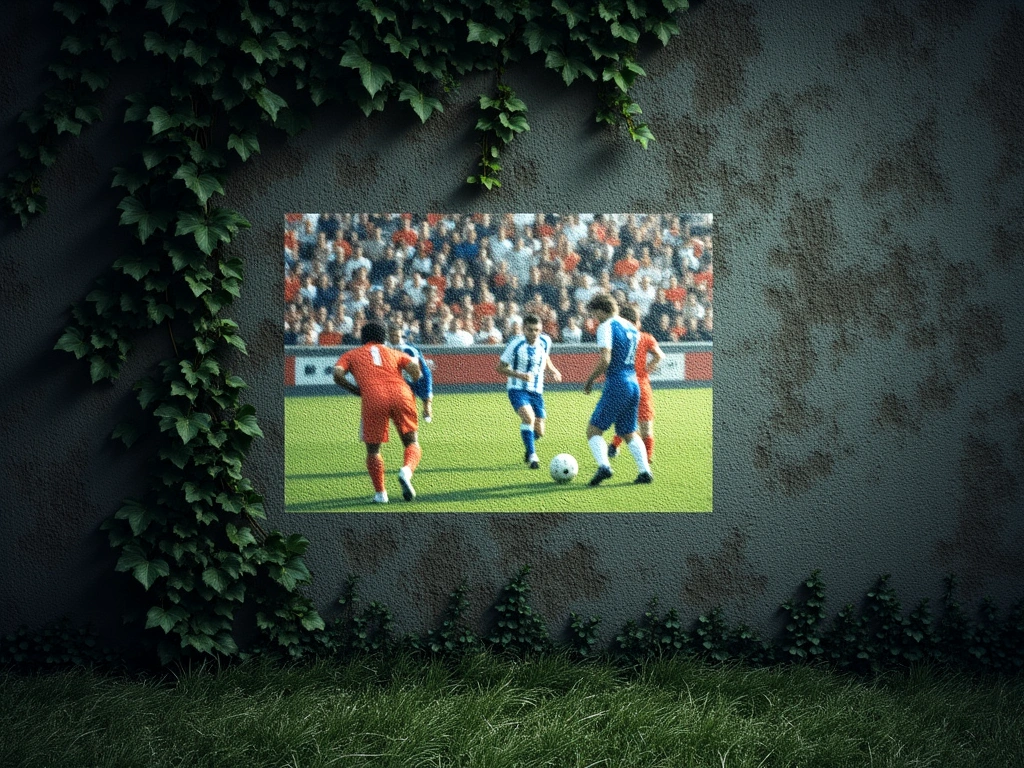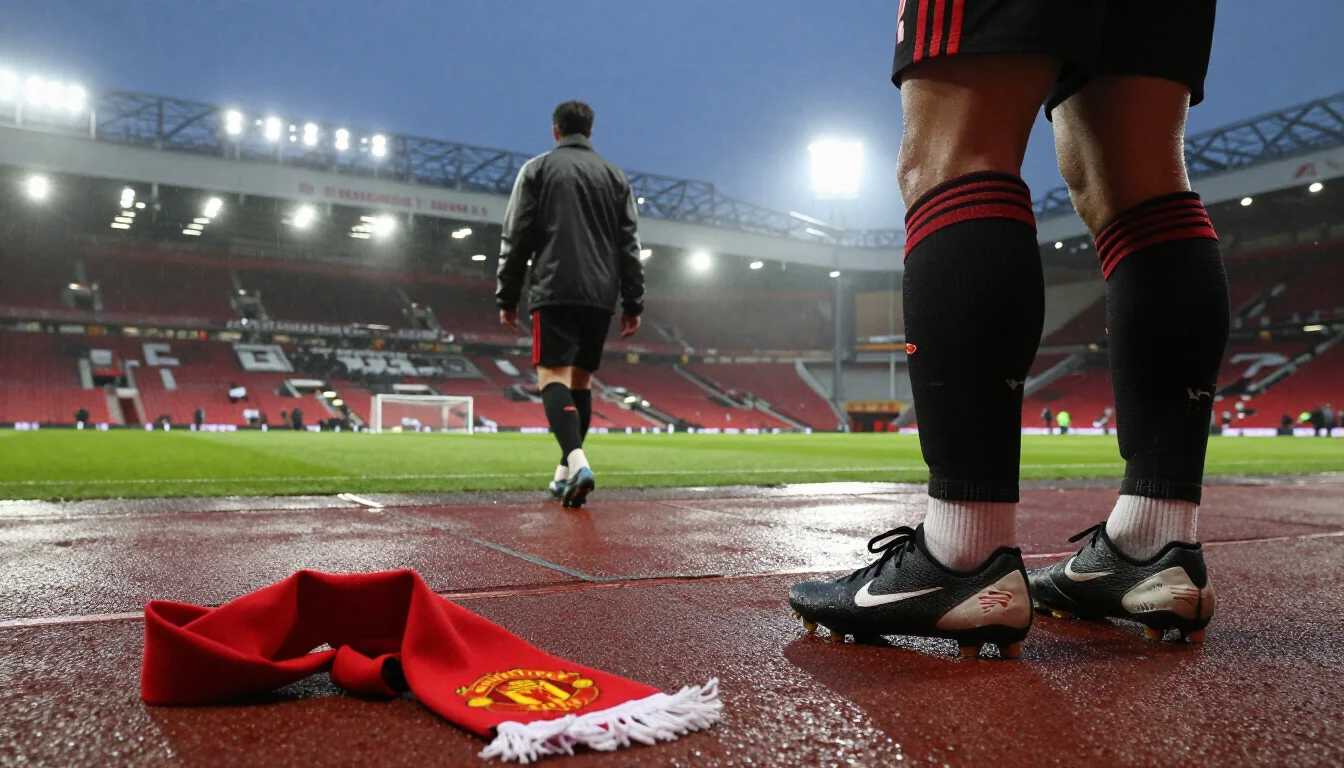The conclusion of the 2022-2023 football season marked a definitive shift in the hierarchy of European football, as Manchester City secured their first-ever UEFA Champions League title. This victory in Istanbul was not merely a single match win; it represented the culmination of a long-term project led by manager Pep Guardiola. By defeating Inter Milan, the club completed a historic Treble, joining an elite group of teams that have won their domestic league, domestic cup, and the premier European competition in a single campaign.
For Guardiola, this triumph ended a twelve-year wait for his third European crown, validating his tactical evolution since leaving Barcelona. The narrative surrounding the club shifted from one of repeated near-misses to undisputed dominance. This article explores the tactical innovations, key performances, and strategic hurdles that defined Manchester City’s road to glory and their gritty performance in the final.
The Evolution of Guardiola’s Tactical Blueprint
The journey to the Champions League trophy was paved by a significant tactical adjustment that Guardiola implemented midway through the season. Moving away from traditional full-back roles, he introduced a system that utilized four center-backs, with one stepping into midfield. This hybrid role, executed perfectly by John Stones, allowed the team to defend with a robust backline while overloading the midfield in possession.
This formation, often described as a 3-2-4-1 when attacking, provided the team with greater control against transition attacks—a weakness in previous seasons. By placing four natural defenders on the pitch, City could absorb pressure more effectively while maintaining their signature possession dominance. The presence of Rodri and Stones in the center created a solid base, allowing attacking midfielders like Kevin De Bruyne and Ilkay Gündoğan to operate freely in the pockets of space known as the "half-spaces."
This structural change was instrumental in their dominant victories leading up to the final. The demolition of heavyweights like Bayern Munich and Real Madrid demonstrated that the team had found the perfect balance between defensive solidity and attacking fluidity. It was no longer just about keeping the ball; it was about controlling the space and the rhythm of the game physically and technically.
Overcoming the European Giants
Manchester City’s path to the final was arguably one of the most difficult in recent history, requiring them to dismantle the aristocracy of European football. The semi-final tie against Real Madrid stands out as the zenith of their performance levels. After a tense draw at the Santiago Bernabéu, the return leg at the Etihad Stadium was a masterclass in high-pressing and positional play, resulting in a resounding 4-0 victory.
That performance against the defending champions served as a psychological breakthrough. For years, City had been accused of suffering from nerves or tactical overthinking in crucial European ties. The dismantling of Real Madrid proved that the squad had matured. They did not just beat the competition; they neutralized the specific threats that had historically undone them, such as the counter-attacking pace of Vinícius Júnior.
Similarly, the quarter-final victory over Bayern Munich showcased a newfound pragmatism. When necessary, the team was willing to surrender possession and defend deep, a trait rarely associated with Guardiola’s sides. This adaptability was crucial, proving that they could win in multiple ways, whether through total domination or disciplined defensive organization.
Analyzing the Final: The Challenge of Inter Milan
While the semi-final was a display of offensive brilliance, the final against Inter Milan in Istanbul was a tense, tactical grind. Simone Inzaghi’s Inter side set up in a disciplined 3-5-2 formation designed to disrupt City’s rhythm. The Italian side’s strategy focused on man-marking City’s key creators and blocking the passing lanes into the central striker, Erling Haaland.

Inter’s defensive block was compact and aggressive, particularly in midfield where Nicolò Barella and Marcelo Brozović worked tirelessly to close down space. This forced City’s goalkeeper, Ederson, and the defenders to look for difficult passes. The injury to Kevin De Bruyne in the first half further complicated matters, stripping City of their primary creative outlet and forcing them to adapt on the fly.
The match highlighted the difficulty of breaking down a well-drilled low block in a high-stakes environment. Unlike the open games against Bayern or Madrid, space was at a premium. City had to be patient, circulating the ball and waiting for a momentary lapse in concentration from the Inter defense. It was a test of mental fortitude as much as footballing ability.
Rodri and the Decisive Moment
In a game of few clear-cut chances, the breakthrough came from the unlikeliest of sources but perhaps the most important player in the system: Rodri. The Spanish midfielder, who had been the anchor of the team throughout the season, scored the only goal of the game with a precise, side-footed finish from the edge of the penalty area. His composure in that moment epitomized his growing influence as a leader on the pitch.
Rodri’s role extends far beyond scoring goals. As the lone pivot or part of a double pivot, he is responsible for recycling possession, breaking up opposition attacks, and dictating the tempo. In the final, his physical presence was vital in winning second balls and preventing Inter from launching dangerous counter-attacks through the center of the pitch.
The goal itself was a result of sustained pressure. When Bernardo Silva’s cutback was deflected into Rodri’s path, the technique required to steer the ball through a crowded penalty box was immense. It was a moment of technical excellence that separated the two sides and cemented Rodri’s status as one of the world’s premier midfielders.
Defensive Heroics and the Role of Ederson
While Rodri provided the winning goal, the victory was preserved by the defensive unit, particularly goalkeeper Ederson. In the dying moments of the match, Inter Milan threw everything forward, creating two glorious opportunities to equalize. Ederson’s point-blank save from Romelu Lukaku’s header and his last-second intervention to tip a corner away were match-winning contributions.
Throughout the Guardiola era, Ederson has been praised primarily for his distribution and ability to play as an eleventh outfielder. However, in the Champions League final, he reminded the world of his shot-stopping ability. His calmness under pressure allowed the defense to reset and survive the late onslaught.
The backline, led by Rúben Dias, also deserves immense credit. Facing physical forwards like Edin Džeko and later Lukaku, the defenders had to win aerial duels and track runners constantly. The clean sheet in the final was a testament to the defensive solidity that had been built throughout the campaign, proving that this City team was as tough as it was talented.
The Significance of the Treble
Winning the Champions League is a monumental achievement on its own, but doing so as part of a Treble elevates the accomplishment to historic status. Manchester City became only the second English club, after Manchester United in 1999, to win the Premier League, FA Cup, and Champions League in the same season. This feat requires a level of consistency and squad depth that is incredibly rare in modern football.

The Treble is the ultimate validation of the club’s recruitment strategy and coaching philosophy. It requires navigating the grueling schedule of the English winter, maintaining focus across three different competitions, and managing player fitness and morale. The ability to chase down Arsenal in the league while simultaneously advancing in Europe showcased a relentless winning mentality.
This victory also silenced the lingering critics who argued that Guardiola could not win the Champions League without Lionel Messi. By building a cohesive unit that did not rely solely on one superstar, Guardiola proved that his system could adapt and thrive in different contexts. The 2023 victory solidified his legacy as one of the greatest managers in the history of the sport.
FAQ
What formation did Manchester City use in the final?
In the final, Manchester City utilized a fluid system that resembled a 3-2-4-1 formation while in possession. John Stones moved from center-back into midfield alongside Rodri, creating a "box midfield" that outnumbered the opposition. Out of possession, the team reverted to a more traditional back four to ensure defensive stability against Inter Milan’s attackers.
Who was named the Player of the Match in the final?
Rodri was named the Player of the Match for his decisive contribution. Beyond scoring the winning goal in the 68th minute, his control of the midfield, passing accuracy, and defensive work rate were essential in neutralizing Inter Milan’s counter-attacks. His performance was central to City’s ability to control the tempo of a difficult game.
How many Champions League titles has Pep Guardiola won?
With the 2023 victory, Pep Guardiola has won three Champions League titles as a manager. His first two victories came with FC Barcelona in 2009 and 2011. The 2023 triumph with Manchester City ended a 12-year wait for his third title, placing him among the most successful managers in the history of the competition.
What is the "Treble" in English football?
The Treble refers to winning the three major trophies available to an English club in a single season: the Premier League, the FA Cup, and the UEFA Champions League. Before Manchester City achieved this in the 2022-2023 season, the only other English club to accomplish this feat was Manchester United during the 1998-1999 campaign.
How did Inter Milan try to stop Manchester City?
Inter Milan employed a disciplined 3-5-2 defensive block. Their strategy involved aggressive man-marking in midfield to disrupt City’s passing rhythm and using their wing-backs to close down wide areas. They aimed to frustrate City and exploit spaces on the counter-attack, a tactic that nearly worked and kept the scoreline tight until the very end.
Who were the key opponents City defeated to reach the final?
Manchester City faced a challenging route to the final, defeating two of Europe’s most successful clubs. They eliminated Bayern Munich in the quarter-finals with a 4-1 aggregate score and defeated the defending champions, Real Madrid, in the semi-finals with a dominant 5-1 aggregate victory. These wins established them as clear favorites heading into the final.


